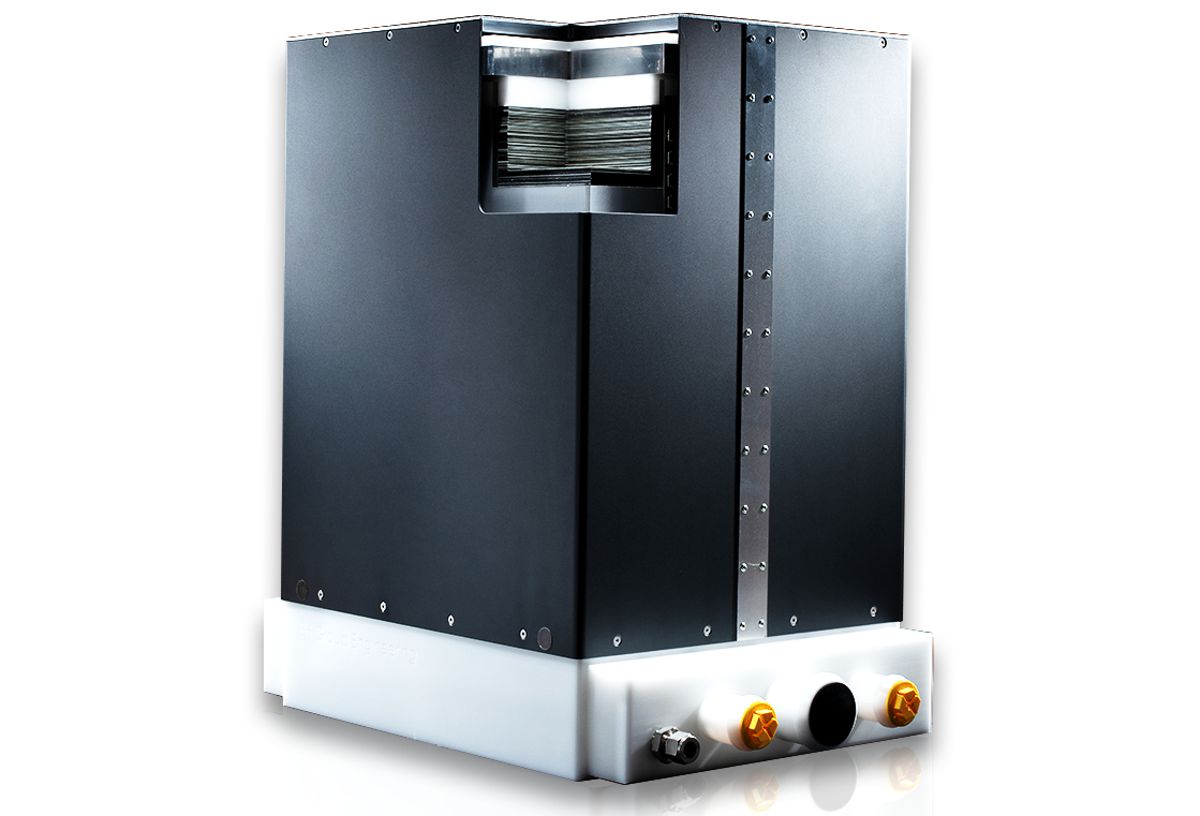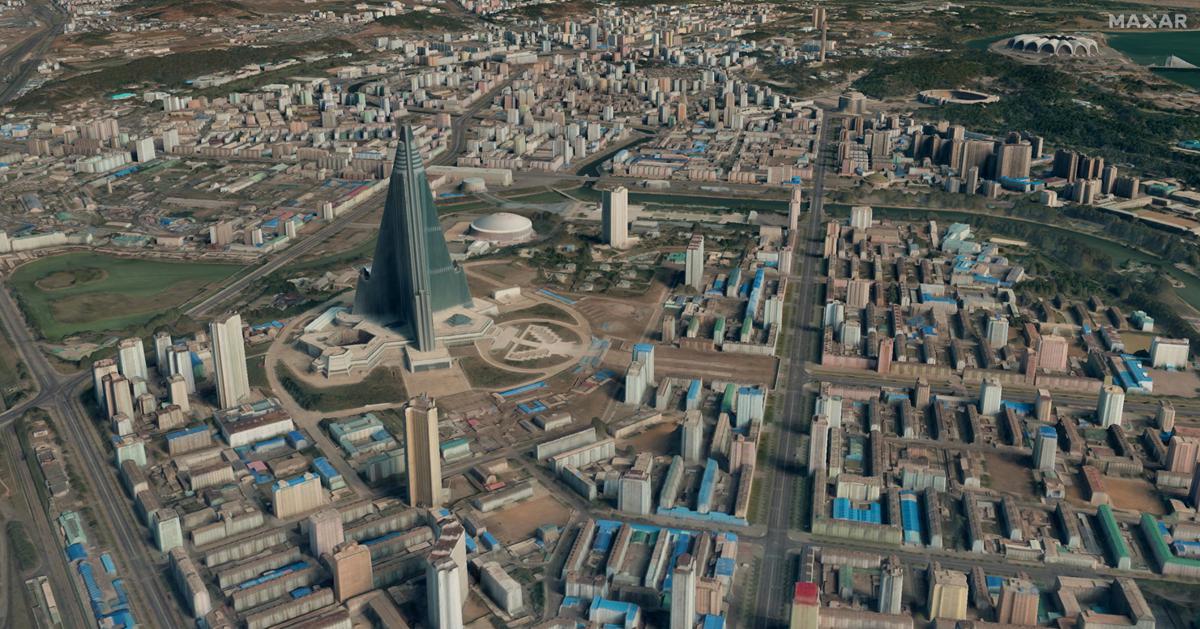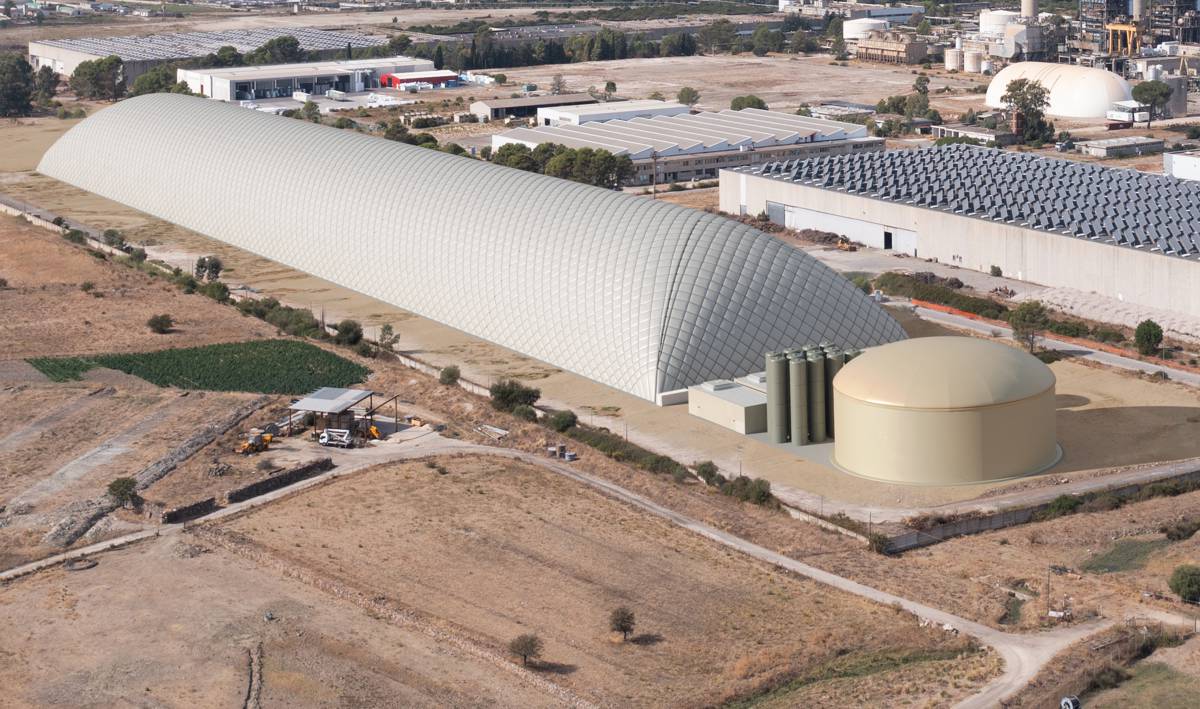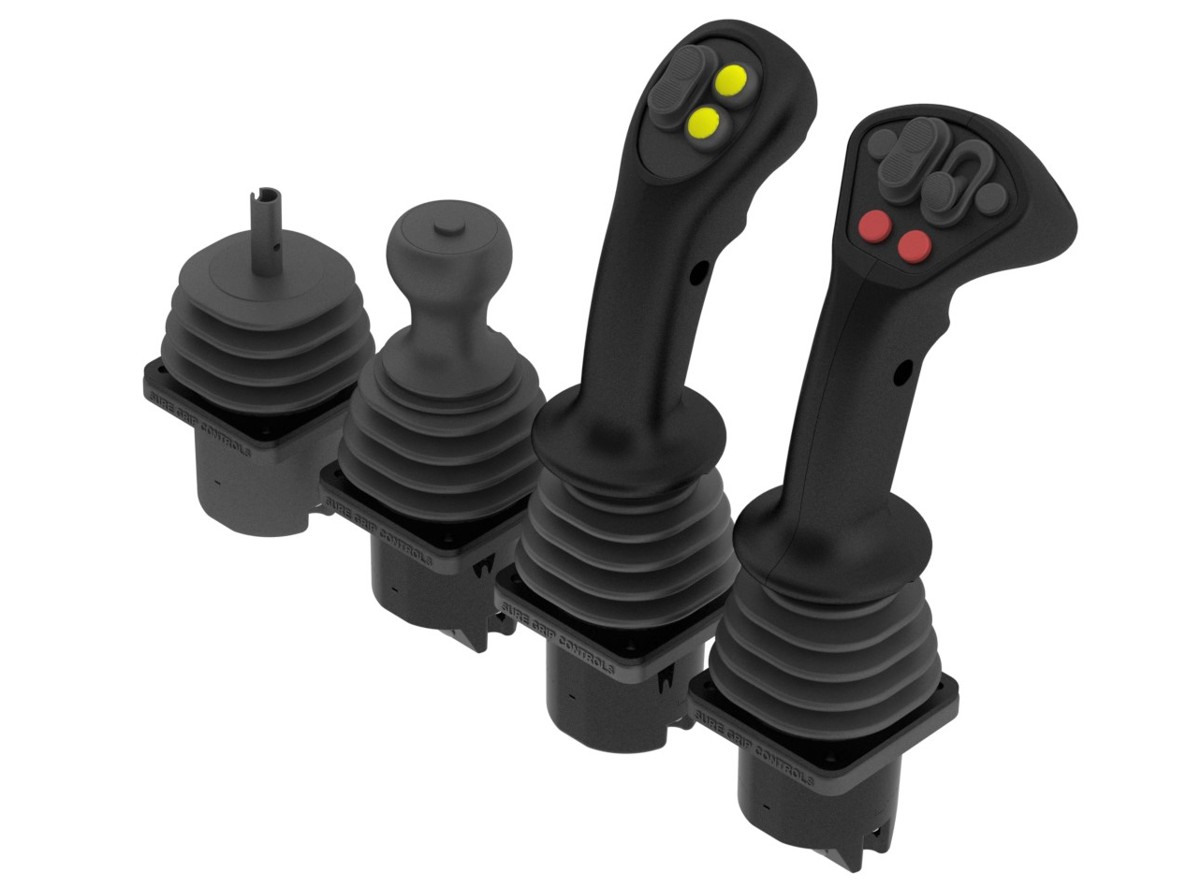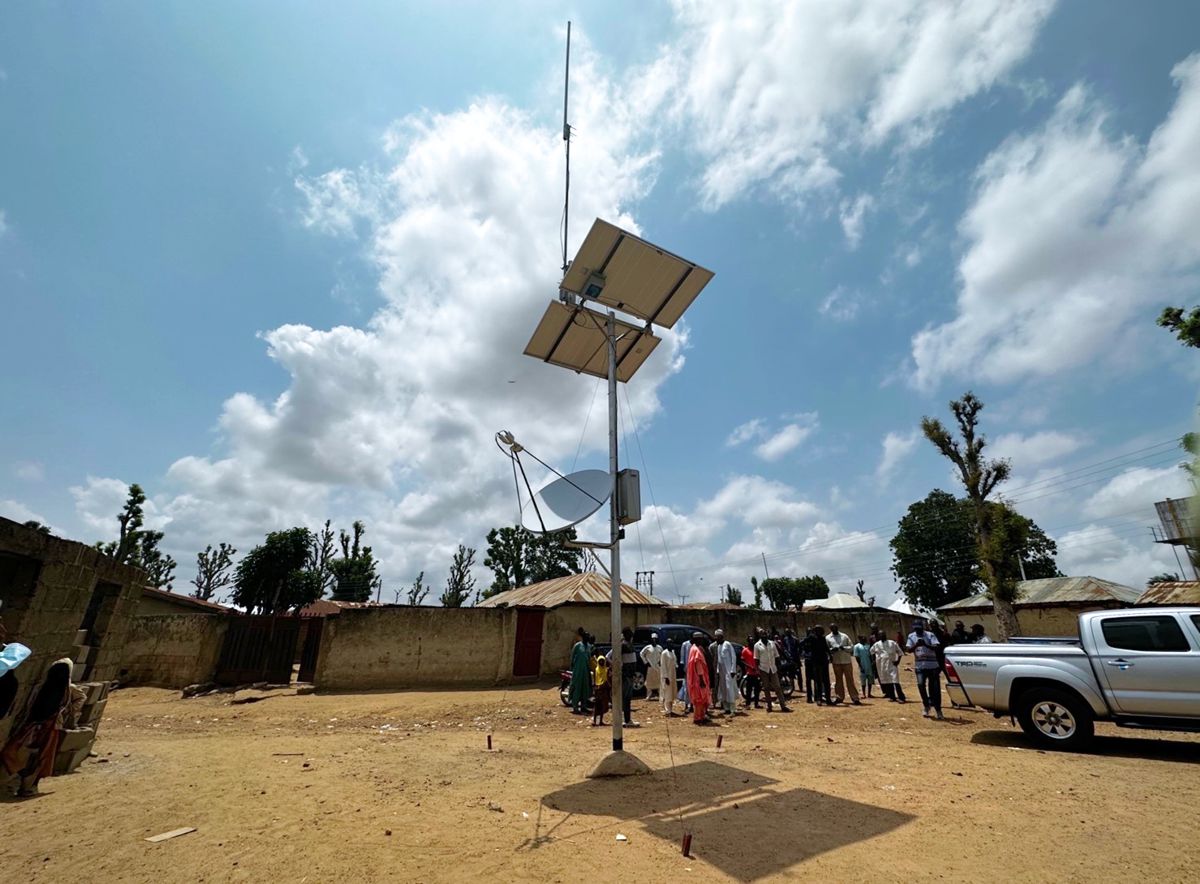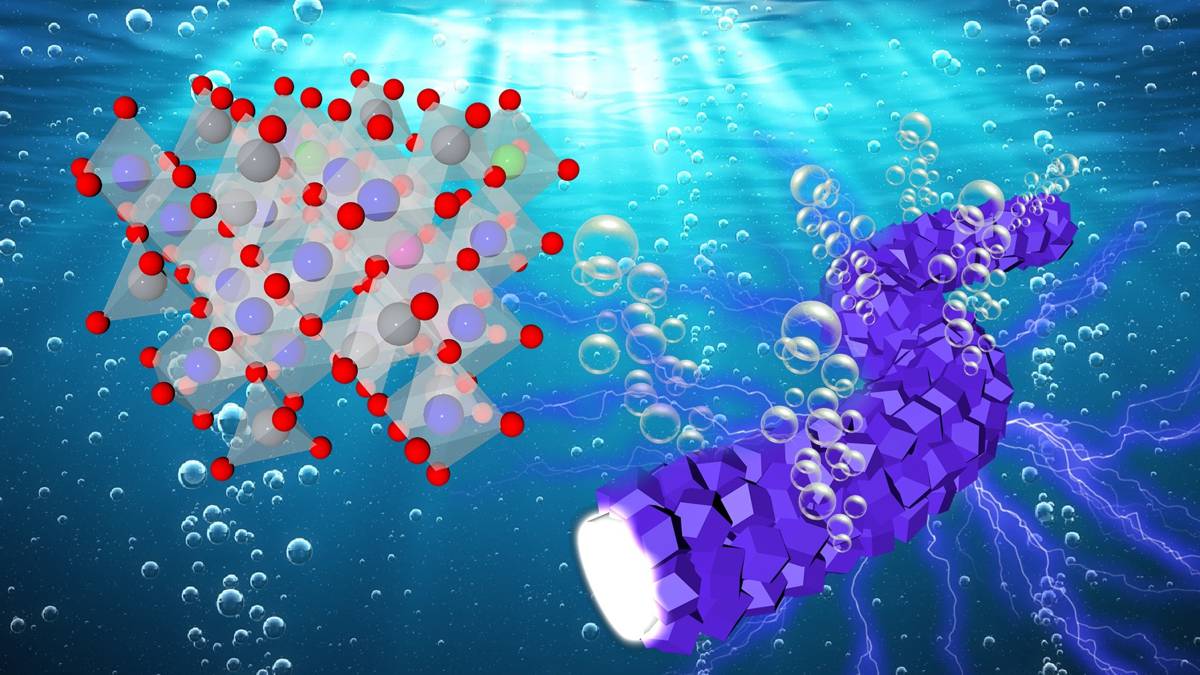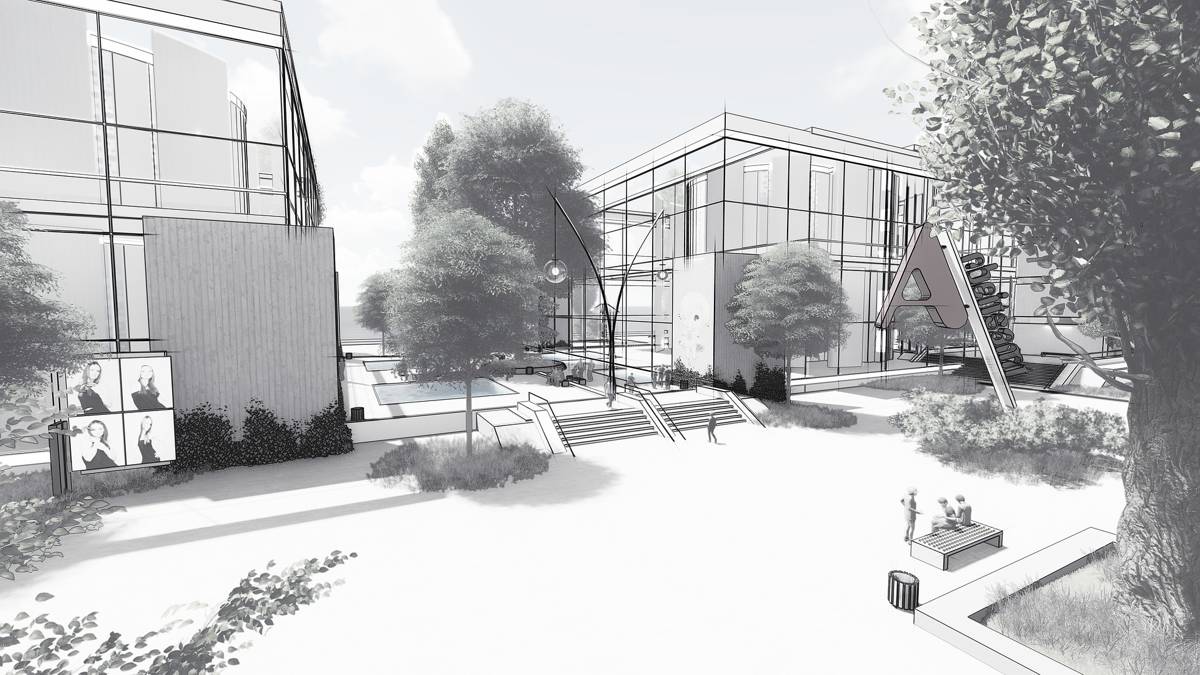Volvo’s Building Tomorrow vision for a better future
The Spanish seaside town of Alicante recently played host to the start of the Volvo Ocean Race, a 9-month yacht race around the world that is held every three years. Formerly known as the Whitbread race, Volvo took over sponsorship in 2005, and this year is using the race to highlight the environmental impact plastics are having on our oceans.
The launch event was also an opportunity for Volvo Construction Equipment to outline their vision for the construction industry – Building Tomorrow.

With a strong ethical vision, Building Tomorrow is based on these three components:
- Sustainability
- Environmental Impact
- Safety
The key to delivering on their vision relies heavily on automation and connectivity. Volvo is no longer just an equipment manufacturer, they are also a very sophisticated technology company.
Globally, construction uses up 40% of the world’s energy capacity and produces around 30% of the globe’s Co2 production, making it by far the most polluting and energy inefficient industries. With increasing urbanisation and the rising demand in emerging cities around the world, the impact of the construction industry can only increase without innovative solutions to make the industry sustainable and more productive.
The Volvo Concept Labs is Volvo’s R&D centre, where scientists and developers are working hard to bring Volvo’s hi-tech vision to life and evolve today’s construction industry into a sustainable industry.
Site Solutions
Connected, intelligent sites are one of Volvo’s key concepts. Closed environments such as quarries, mines and building sites will be monitored with sophisticated sensor networks, with assets such as workers and machines tracked to keep the workers and visitors safe while keeping track of the productivity of the job.
Open environments or linear job sites, such as road construction projects represent a bigger challenge, with civilian assets such as people and vehicles interacting with the job site and its boundaries as it progresses.
BIM and digitisation all play a major role in this, with artificial intelligence tracking and analysing every asset in the environment as the project advances and communicating instructions across the entire connected job site. The various companies in the industry will soon find the need to develop standards and communication protocols so their equipment can share smart worksites successfully to maintain productivity, and safety.
In co-operation with Skanska Sweden, Volvo is already experimenting with a connected quarry, where they will be putting their prototype loaders and automated haul trucks through their paces.
Intelligent Machines
While fully automated construction equipment, robots if you like, are the long-term goal, the advance in equipment will be staggered with manually operated equipment being assisted by technology, which will evolve into semi-autonomous and eventually fully autonomous equipment.
Volvo’s LX1 prototype electric hybrid wheel loader is their latest innovation. With a whole new machine design approach, the wheel loader uses 98% newly designed parts to create a superior machine that is better in every respect and delivers more productivity with less pollution then current designs.
Productivity comes from improving the operator’s experience, and new technologies such as Co-pilot, Dig-Assist, Load-Assist, Compact-Assist and Pave-assist all make the operators job more productive and accurate. Sensors and cameras can now monitor the machines surrounding environment for people and dangers to warn the operator.
The HX2 load carrier is Volvo’s prototype, electric, autonomous truck, designed to work in small fleets, and in conjunction with the LX1 loader to deliver productivity and efficiency.
Working in partnership with the Connected Job Site, Intelligent Machines are the future, delivering a huge 75% increase in productivity.
Electromobility
The environmental theme of the Volvo Ocean Race is being addressed by Volvo Construction with their vision of electromobility, with their aim to make all their construction equipment fully electric, removing pollution causing diesel engines.
Volvo Construction Equipment are doing their part and have set a goal to save 7 million litres of Co2 between 2015-2020. To achieve this Volvo are making their factories energy neutral, optimizing their products to be energy efficient, and using site simulations and including environmental awareness in their operator training.
The Triple Zero
Volvo has introduced the Triple Zero as an overriding concept for their future:
- Zero Stops: Reducing equipment downtime to 0% using on-board telemetry and the Volvo Uptime Centre to monitor equipment 24/7.
- Zero Accidents: Using technology to reduce accidents by monitoring people on the job site, near equipment, and eventually replacing them with remote operators or automated machinery.
- Zero Pollution: Electromobility and better design will drive efficiency and reduce emissions.
Volvo has further increased the challenge with the Triple Zero +, which adds the goal of making their equipment 10 times more efficient as well.
A changing industry
Historically, the construction industry has lagged far behind every other industry in terms of technology uptake, relying on manual workers, manually operated equipment and Civil Engineers to define and supervise works. This is slowly changing in western countries with the advance of more productive equipment and techniques, but the majority of the world still relies on people power.
Fully autonomous construction equipment is still a long-way off, but the advances are just starting to take hold with a new breed of construction equipment and the emergence of high-tech connected job sites, which require a different breed of construction operative, who can work with BIM data and be able to utilise artificial intelligence assets as part of their team.

Corporate Responsibility
Promoting the Volvo Ocean Race and highlighting the issues of pollution and plastic ocean waste is just one-way Volvo is making difference. You can follow the ocean race as they speed from port to port on their website here.
Volvo takes their commitment to the future seriously, they are investing in real-world solutions that will deliver change and will make a big difference.







